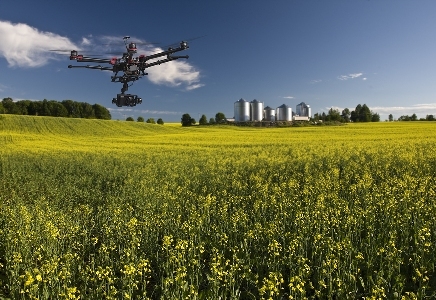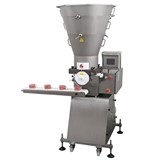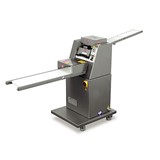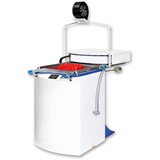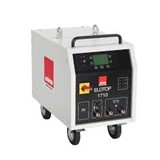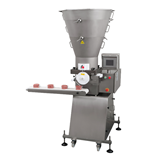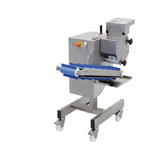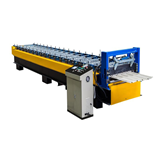One look at the landscape of farming makes it clear that what was once thought to be ridiculous may soon become standard.
According to Ian Beecher-Jones, a precision farming consultant, it's no longer uncommon for British farmers to utilise precision methods that involve technology like GPS-guided tractors, sensor systems, virtual field maps, drones, etc.
Over a decade ago, Clive Blacker, a farmer from Yorkshire started experimenting with nascent technologies. In 2004, Precision Decisions was born. The company supplies hardware to farmers. Now, 250 UK farms are utilising one of its technologies, the N Sensor.
Essentially, this precision technology works by analysis of a crop's current colour. This data is then used to assess how much chlorophyll the crop contains and how much nitrogen it requires. This information is sent to the spreader, which is able to calculate how much fertiliser is provided to that area.
"People would be surprised at how much of this is going on," Blacker told The Guardian. A Defra report in 2012 showed that 22 per cent of farmers possess GPS steering systems, 20 per cent engage in soil mapping, 16 per cent utilise variable rate application, and 11 per cent are involved in yield mapping. Precision techniques are mainly used by farmers that have significant acreages as they have the means to do so.
While these developments can be considered optimistic in terms of progress, should we proceed with caution into this era? After all, there are repercussions on the environment. The unprecedented massive scale at which neonicotinoids have been produced is said to be related to the dwindling bee population.
But Blacker has a different take on things. "It's not often in agriculture that we get a win-win-win. But I think that all of this technology has the potential to make farming far more sustainable as well as profitable. There is a tremendous amount of opportunity to do this.
"We can work with much more justification than historically. For example, if you look at the robotic weeders and spraying systems they can use up to 95 per cent less chemicals than before."
As discussions remain nuanced, the change in the British countryside is quietly revolutionising. In the words of Blacker, "I think that in ten years we will look back at today and think that we were dinosaurs in our methods."

